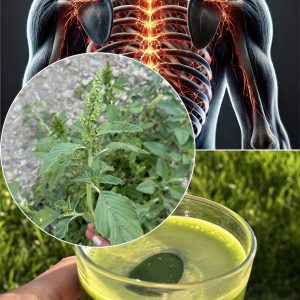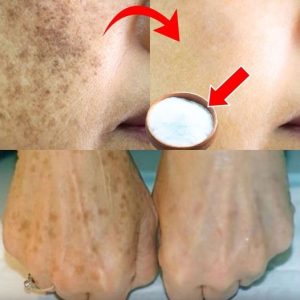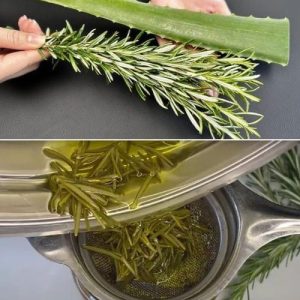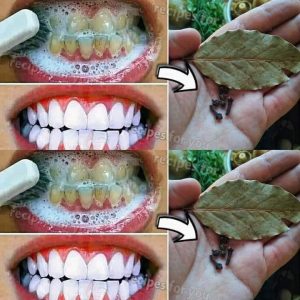Nettle fertilizer syrup is a powerful, organic solution for boosting the growth and health of your vegetable garden. Rich in essential nutrients, nettles provide a natural alternative to chemical fertilizers, promoting sustainable gardening practices. This article will guide you through the process of making nettle fertilizer syrup and how to use it effectively to grow vibrant, healthy vegetables.
Why Use Nettle Fertilizer Syrup?
Nettles are packed with beneficial nutrients, including nitrogen, potassium, and various trace minerals. These elements are vital for plant growth, enhancing soil fertility, and strengthening plant resilience against pests and diseases. Using nettle fertilizer syrup not only supports the health of your vegetables but also contributes to an eco-friendly garden.
To make nettle fertilizer syrup, you will need:
Fresh nettle leaves
Water
A large container (preferably non-metallic)
A stirring stick
A strainer or cloth
Protective gloves (nettles can sting)
Step-by-Step Guide to Making Nettle Fertilizer Syrup
Harvesting Nettles
Wear protective gloves and harvest fresh nettles. The best time to collect nettles is in the spring or early summer before they flower. Cut the top 6-8 inches of the plants, as these parts are the most nutrient-dense.
Preparing the Container
Choose a large, non-metallic container. Metal can react with the mixture and potentially reduce the effectiveness of the fertilizer. A plastic bucket or a wooden barrel works well.
Filling the Container
Fill the container with the harvested nettles. Crush or chop the nettles slightly to help release their nutrients. Aim to fill about half of the container with nettles.
Adding Water
Fill the container with water, covering the nettles completely. The ratio should be roughly 1 part nettles to 10 parts water. Stir the mixture well to ensure all the nettles are submerged.
Fermentation Process
Cover the container loosely to allow gases to escape during fermentation. Let the mixture sit for 2-3 weeks, stirring occasionally. The syrup will start to ferment, releasing a strong odor. This is a sign that the nutrients are being extracted from the nettles.
Straining the Syrup
After 2-3 weeks, strain the mixture using a cloth or strainer to remove the solid plant material. The resulting liquid is your nettle fertilizer syrup.
Using Nettle Fertilizer Syrup in Your Garden
Dilution
Nettle fertilizer syrup is very concentrated and should be diluted before use. Mix one part syrup with ten parts water to make a nutrient-rich feed for your plants.
Application
Water your vegetable plants with the diluted syrup every 2-4 weeks during the growing season. Apply the solution directly to the soil around the base of the plants. Avoid pouring it on the leaves to prevent any potential burning from the concentrated nutrients.
Foliar Spray
For an extra boost, you can use a more diluted solution (1 part syrup to 20 parts water) as a foliar spray. Apply it to the leaves early in the morning or late in the evening to avoid the hottest part of the day.
Benefits of Nettle Fertilizer Syrup
Enhanced Growth: The high nitrogen content in nettles promotes vigorous growth and lush foliage.
Disease Resistance: Nettles contain compounds that can boost plants’ immune systems, making them more resistant to diseases and pests.
Soil Health: Regular use of nettle fertilizer syrup improves soil structure and fertility, encouraging a healthy ecosystem in your garden.
Tips for Success
Regular Use: For best results, use nettle fertilizer syrup regularly throughout the growing season. Consistent application will ensure that your plants receive a steady supply of nutrients.
Complementary Fertilizers: Nettle fertilizer syrup can be used alongside other organic fertilizers like compost or manure tea to provide a balanced nutrient profile.
Sourcing Nettles: If you don’t have access to fresh nettles, dried nettles can be used as a substitute. Simply rehydrate them in water and follow the same fermentation process.
Making and using nettle fertilizer syrup is an excellent way to nourish your vegetable garden organically. This natural fertilizer is easy to make, cost-effective, and highly beneficial for plant health and growth. By incorporating nettle fertilizer syrup into your gardening routine, you can enjoy a bountiful and sustainable harvest of vegetables. Happy gardening! For more tips on using nettles in your garden, check out harnessing nature’s bounty: eco-friendly pest control with nettle extract, unveiling the hidden treasures of purple dead nettle, and the ultimate nettle juice recipe for a multitude of health benefits.





